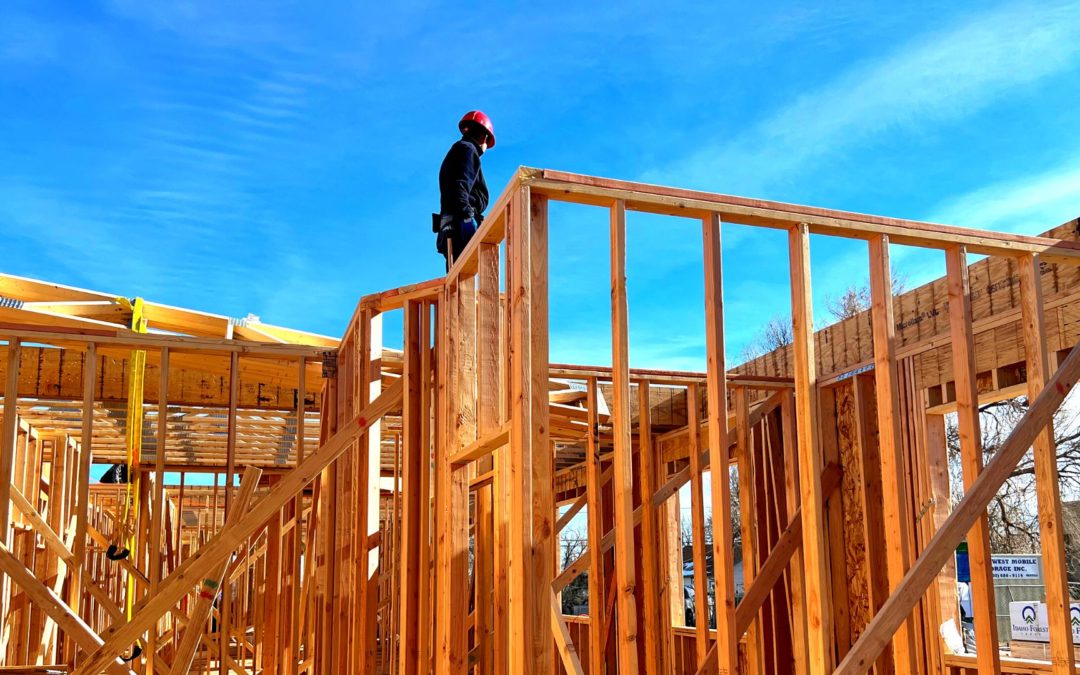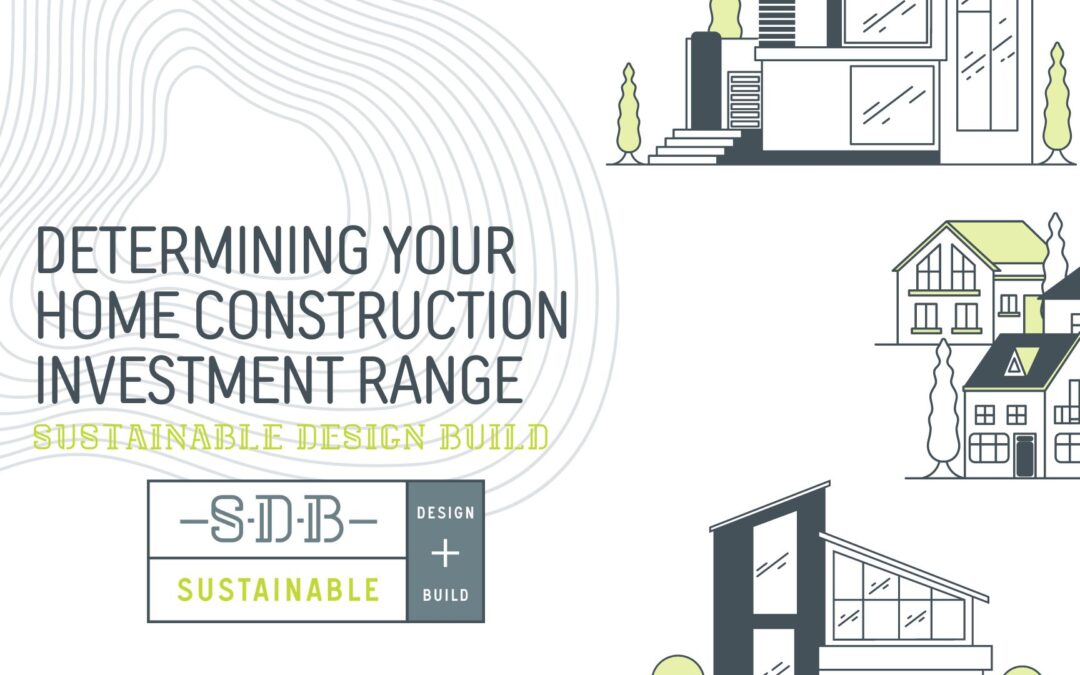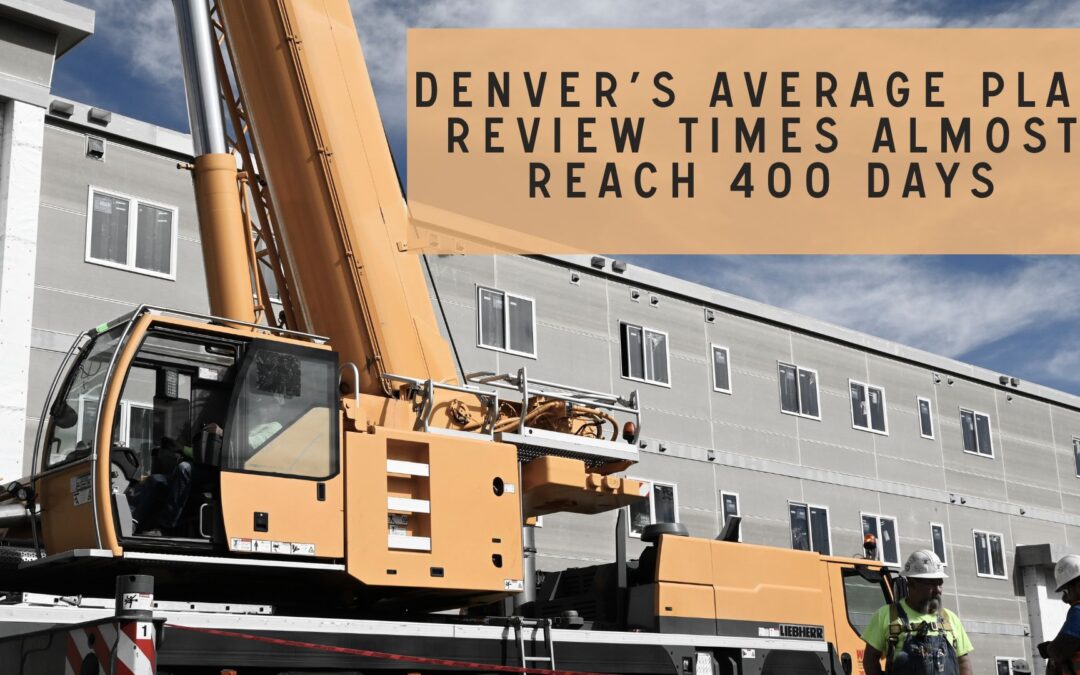
Apr 17, 2024 | Company News
Here at Sustainable Design Build, we are thrilled and deeply honored to announce that we have been awarded the prestigious 2024 Best of Mile High Award for Best Homebuilder. This recognition is not just a feather in our cap; it’s a testament to our unwavering commitment to sustainable practices and innovative design.

Apr 11, 2024 | ADU
Nearly a year later, Denver’s City Council has made forward progress on making it easier for property owners to build an ADU. June 5th, 2023, the Council passed an ordinance that amends the Denver Zoning Code and the Former Chapter 59 code that gives more leniency to building an ADU. While this was just beginning, Denver kept up with the overall interest residents had in building an ADU and created an ADU Advisory Committee that same year. The goal of this committee was to investigate the red tape, barriers, and common roadblocks associated with building an ADU so that a solution to the process could be found. Now, Denver’s ADU research has come to the conclusion of amending and modifying current zoning codes for all neighborhoods. This has launched the Citywide Accessory Dwelling Project or Citywide ADU Project, as part of the city’s ongoing effort to expand housing availability and choice.

Apr 4, 2024 | Our Process
Determining your investment range for home remodel projects depends on several factors, including the scope of the project, timeframe, materials chosen, finishes selected, contractors, and unforeseen conditions. Here at Sustainable Design Build, we strive to compile, streamline, and improve on the daunting task that is a home construction project. Fortunately, through our design-build process, we can manage and mitigate the common pitfalls while giving industry-leading construction services. Still, we understand that no home construction project is the same, and determining what your investment range and commitment are can be hard to nail down. Here’s a general guide to help you estimate your investment range.

Apr 2, 2024 | The Construction Industry
March must have been a busy month for the City and County of Denver, especially for their Community Planning and Development Services Department. The average plan review time for any Major Residential Project almost reached 400 days, meaning homeowners could expect around 13 months before obtaining building permits for projects like home additions or renovations. While Denver didn’t break its own record, it came close with 391 days noted on March 20th, 2024. As of publishing, Denver seems to have improved, bringing the average down to a stable 354 days. This delay can be attributed to a surge in renovation projects following the 2019 remodeling boom, coupled with a shortage of staff. Despite improvements, the process remains somewhat unpredictable. If you’re planning construction in Denver, consider partnering with Sustainable Design Build, a firm specializing in architecture, engineering, and project management, to streamline the process and ensure a smoother, more eco-friendly construction experience.






Recent Comments